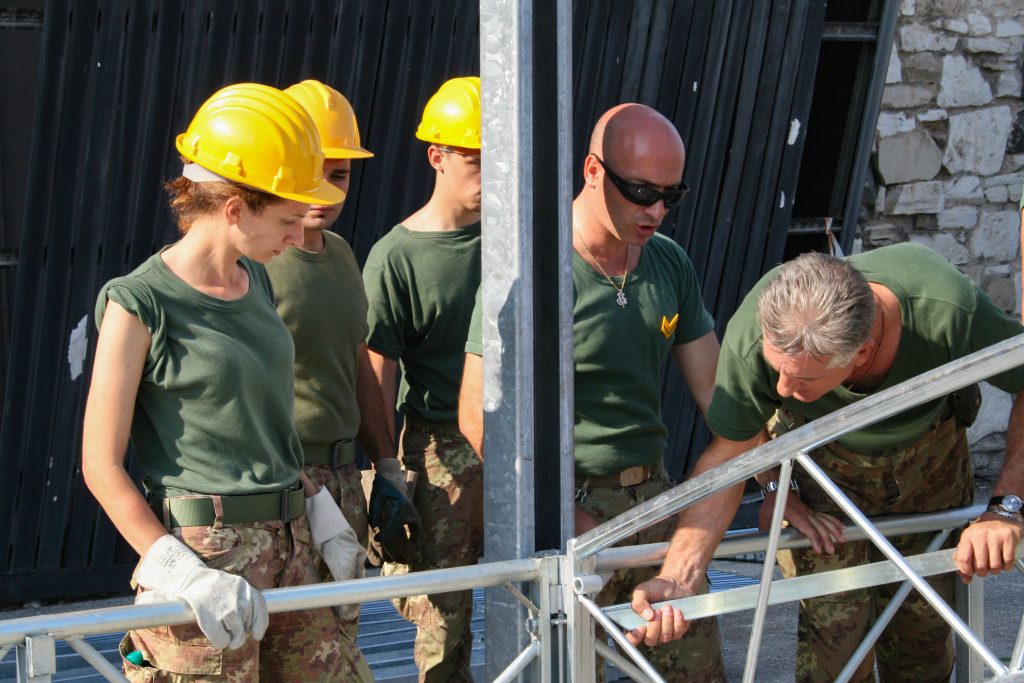CLC warns UK needs to increase testing capacity for UKCA mark
The Construction Leadership Council (CLC) has warned the UK has insufficient testing capacity to ensure all manufacturers needing to carry the UKCA safety mark on their products can do so by 2023.
Without a rethink of existing policy, manufacturers of products such as radiators risk being unable to legally sell goods in the UK once the existing CE mark is no longer recognised in the UK from the end of next year, according to the CLC.
An open letter written to several senior government ministers this month argued that there is a significant shortage of capacity in the country for meeting demand for fresh testing of construction products that will be required in order to obtain the ‘UKCA’ Mark.
The UKCA will become mandatory for goods such as building engineering equipment sold in the country. It was originally due to be introduced in 2022 to fully replace the CE mark, which is currently used across the EU and the UK to show products comply with required safety standards.
However, the government confirmed in August that it would allow the CE mark to be recognised on products in the UK for an additional 12 months until 2023 after concerns were raised by a number of industry bodies.
Calls for further action
Even with the delayed introduction, the CLC has warned in its latest open letter to ministers that not enough has been done to ensure there are sufficient test sites and locations across the UK to gain the UKCA by 2023.
The CLC’s letter states: “Our main cause of concern is that for a significant range of construction products there is limited or no capacity for these tests to be carried out in line with the UK Construction Product Regulations.”
“There must be a significant expansion of facilities with the incumbent recruiting and training of staff, who must all then receive authorisation by UKAS, before more products can be put through the new process. Unfortunately, this expansion of capacity is not happening quickly enough”
Measures such as allowing the use of subcontractors that could include overseas testing or providing more flexibility to use the existing EU safety mark are recommended as possible measures to ease the transition to the new UK specific marking, the council added.
The CLC letter is addressed to both Business Secretary Kwasi Kwarteng and Michael Gove, who is currently Secretary of State for Housing, Communities and Local Government.
Evidence gathered from UK construction manufacturers over the course of the year have highlighted concerns that many common and essential products such as radiators, sealants and passive fire protections are at risk due to testing capacity, the CLC added.
The council’s letter stated: “If the current situation prevails, these products will not be available on the UK market after the January 2023 deadline. The inability to certify radiators in the UK, for instance, could delay the construction of over 150,000 homes in a single year and will also delay the switch to low carbon heating.”
“The consequences are clearly damaging not only to the UK construction sector but also to the government’s ambitions around housebuilding, infrastructure, building safety and net zero in the built environment.”
The CLC argued that several market failures had led to concerns within the construction sector about testing capacity.
These failures include the relatively small scale of UK construction products treeing in the UK, the business impacts of the ongoing Covid-19 pandemic, as well as the limited timelines for industry to move from the EU CE Mark to the new UK-specific designation.
The UKCA designation would not apply in Northern Ireland, which will continue to use the CE mark used in the Republic of Ireland and other EU member states. However, it is understood that a United Kingdom Northern Ireland (UKNI) marking will also be needed alongside the CE Mark from goods whereby conformity tasks are carried out by a UK body.




















